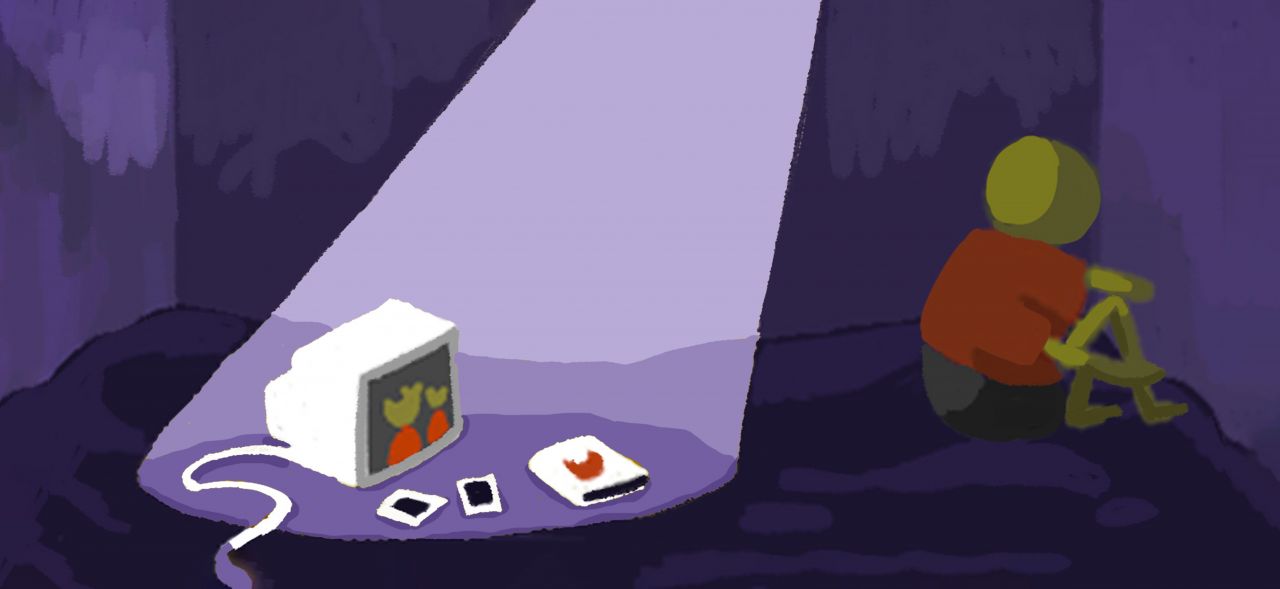
Professor Eva Alisic
Associate Director, Climate, Disaster and Adversity Unit Centre for Mental Health; Centre for Health Equity, Melbourne School of Population and Global Health, Faculty of Medicine, Dentistry and Health Sciences, University of Melbourne
See research profile
Health & Medicine
Special Report
When ‘home’ is taken away
The concept of ‘home’ fundamentally shifts after a child loses a parent to domestic homicide and it can be challenging to rebuild a sense of belonging

Health & Medicine
Special Report
A stable place in a time of turmoil
Schools can be the only stable and predictable environment in the lives of children affected by the tragedy of fatal domestic violence – but they need resourcing

Health & Medicine
Special Report
A child’s right to be heard
After a parent is killed due to domestic violence, children aren’t given enough opportunity to express their opinions on decisions that directly affect their lives

Health & Medicine
Special Report
The power of stories to rebel against a taboo
Claiming control over your own story is a crucial step towards healing and social transformation after losing a parent due to domestic homicide

Health & Medicine
Special Report
A little rhino beetle tells a story
The artwork in this series has its own story – using an Australian rhino beetle to illustrate metamorphosis and recovery

Health & Medicine
Special Report
“That weird kid without parents”
Losing a parent through domestic homicide can change a child’s self-understanding in isolating ways. Support must respond to identity-based distress and foster belonging

Health & Medicine
Special Report
Losing a parent to domestic homicide – and everything that’s wrong with this headline
The words we use to describe how children are impacted by domestic homicide are important – and it’s time to be honest

Health & Medicine
Listening to those held in immigration detention
Refugees formerly detained on Nauru tell researchers about being dehumanised and feeling irreparably damaged

Health & Medicine
Victorian kids’ mental health hit hardest during 2020
The pandemic affected the mental health of young Victorian children more than those in other states during 2020, largely due to their state’s prolonged second lockdown, finds new survey
